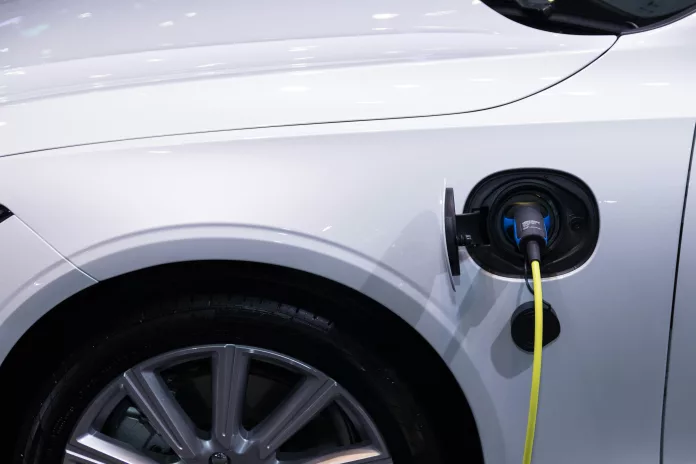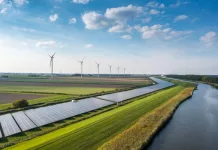The drama between the US and China escalated following the implementation of the Inflation Reduction Act (IRA), which offers significant tax credits for US-made electric vehicles and domestic battery production. China has moved to protect its interests with a formal dispute filed with the World Trade Organization (WTO) on March 26, 2024, as confirmed by CNBC.
China’s Stand. The complaint from China highlights what it terms ‘discriminatory subsidies’ stemming from the IRA. These subsidies effectively sideline Chinese products and those from other WTO countries. Chinese officials allege that the US is using these policies under the pretense of combatting climate change, while in reality incentivizing the use of US goods, challenging the fairness of global market competition.
US Response to WTO Dispute Proceedings
Defending the IRA. US Trade Representative Katherine Tai acknowledged the initiation of the dispute by China, reiterating that the IRA is vital for progressing towards a sustainable energy future in partnership with allies. She highlighted the contrast of the Chinese government’s ‘unfair, non-market policies’ that benefit Chinese manufacturers at the expense of global competition. Meanwhile, China’s Ministry of Commerce has called on the US to rectify these ‘discriminatory industrial policies’ to stabilize the new energy vehicle market’s supply chains.
Analysing the Motives Behind China’s Action
China’s Rising Influence. US officials were not entirely taken aback by China’s WTO move. Treasury Secretary Janet Yellen, soon visiting China, plans to express concerns over China’s substantial green energy production. Yellen sees potential risks to the global market and the Chinese economy from this intensification. She draws attention to US facilities like Suniva, reopening due to the IRA, as a cautionary tale of market disruption from Chinese imports. Yellen’s perspectives, coupled with the EU’s investigations into Chinese subsidies, reflect a growing global apprehension towards China’s competitive stance in the green energy sector.
US-China Trade Tensions: A Historical Context
From Partners to Competitors. The US-China economic relationship has been tense, with conflicts ranging from trade tariffs to intellectual property concerns. China’s President Xi Jinping, however, continues advocating for stronger trade relations, emphasizing mutual benefits despite existing barriers and grievances. This narrative presents a stark juxtaposition with the US’s hardened stance and points to a complex history that has evolved since President Nixon’s diplomacy, which inadvertently awakened a formidable economic competitor in China.
What Lies Ahead for US-China Trade Dispute?
WTO’s Decision and Beyond. With a typical WTO dispute resolution timeline of six months, many anticipate a protracted process. If the WTO rules in China’s favor, the US might appeal, leading to potential legal stagnation, given the current dysfunction of the WTO’s appeals body. This procedural deadlock could render the trade case inconsequential. However, China’s strategic foresight suggests they may have other resolutions in mind, perhaps leveraging the cultural concept of ‘saving face’ to deescalate the situation diplomatically.
Despite the uncertainties, the unfolding trade narrative between the US and China will be pivotal in shaping future policies and international economic dynamics, particularly in the renewable energy and EV markets.

























